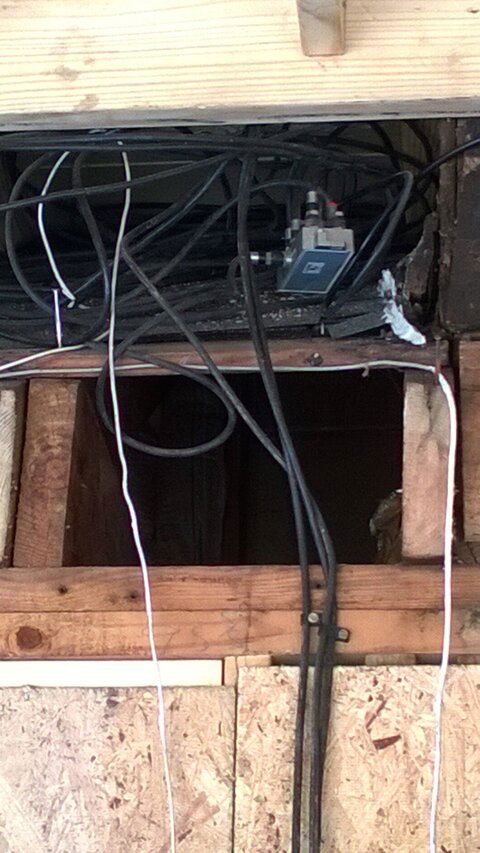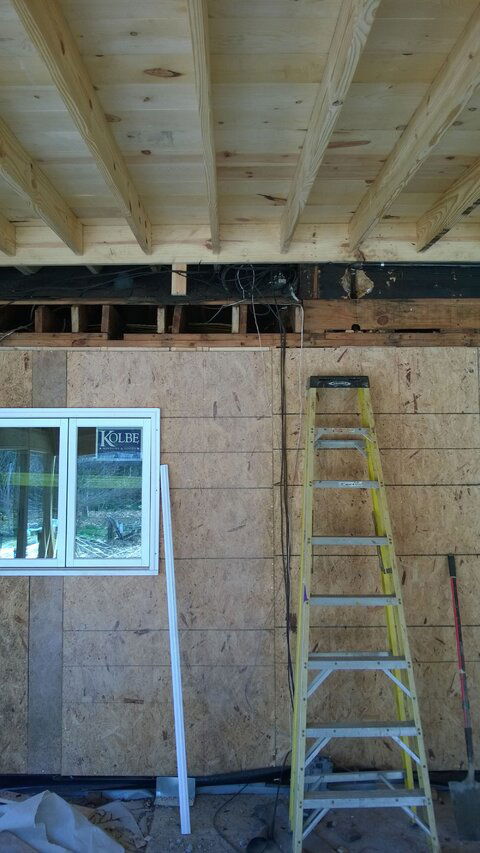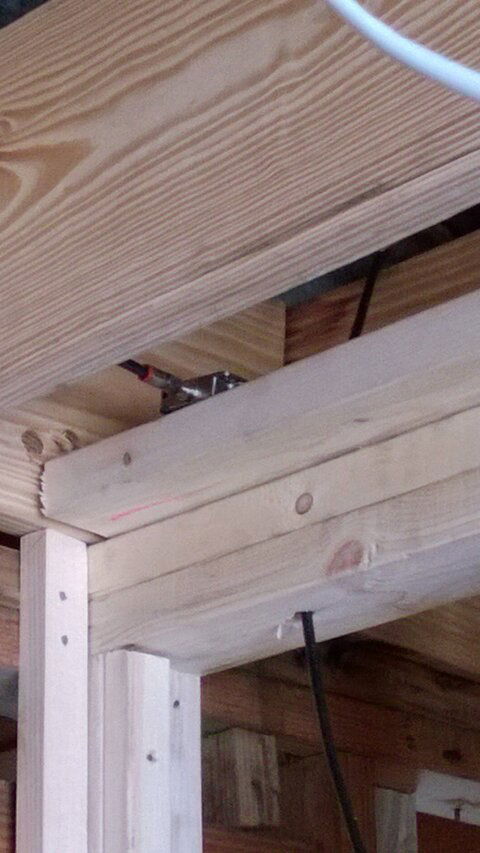I am an electrician doing an addition on a house. I had to move the main service/panel(s) to a new location which is an additional ~50'.
Direct TV came out today to bond the dish to the new service location but did not. I am not quite understanding what this tech is wanting and neither is the home owner. It seems to me that the tech wants me to run his ground wire for him? Or sink another ground rod closer to the dish and tie it into the main rod?
Is there a reason why the tech would not just run a new ground from the dish to the new service location?
Direct TV came out today to bond the dish to the new service location but did not. I am not quite understanding what this tech is wanting and neither is the home owner. It seems to me that the tech wants me to run his ground wire for him? Or sink another ground rod closer to the dish and tie it into the main rod?
Is there a reason why the tech would not just run a new ground from the dish to the new service location?


 to Satelliteguys ElectricianRick!
to Satelliteguys ElectricianRick!

